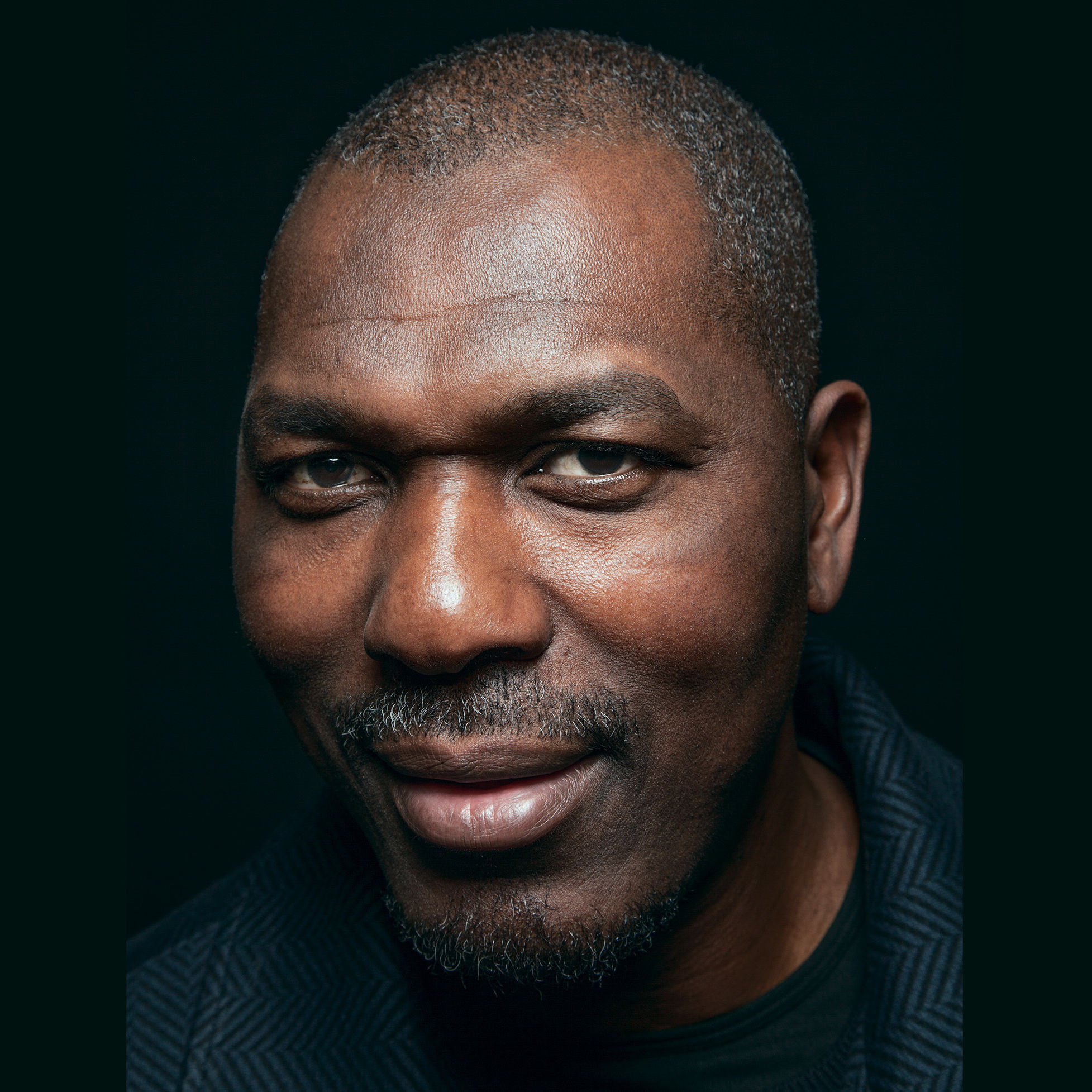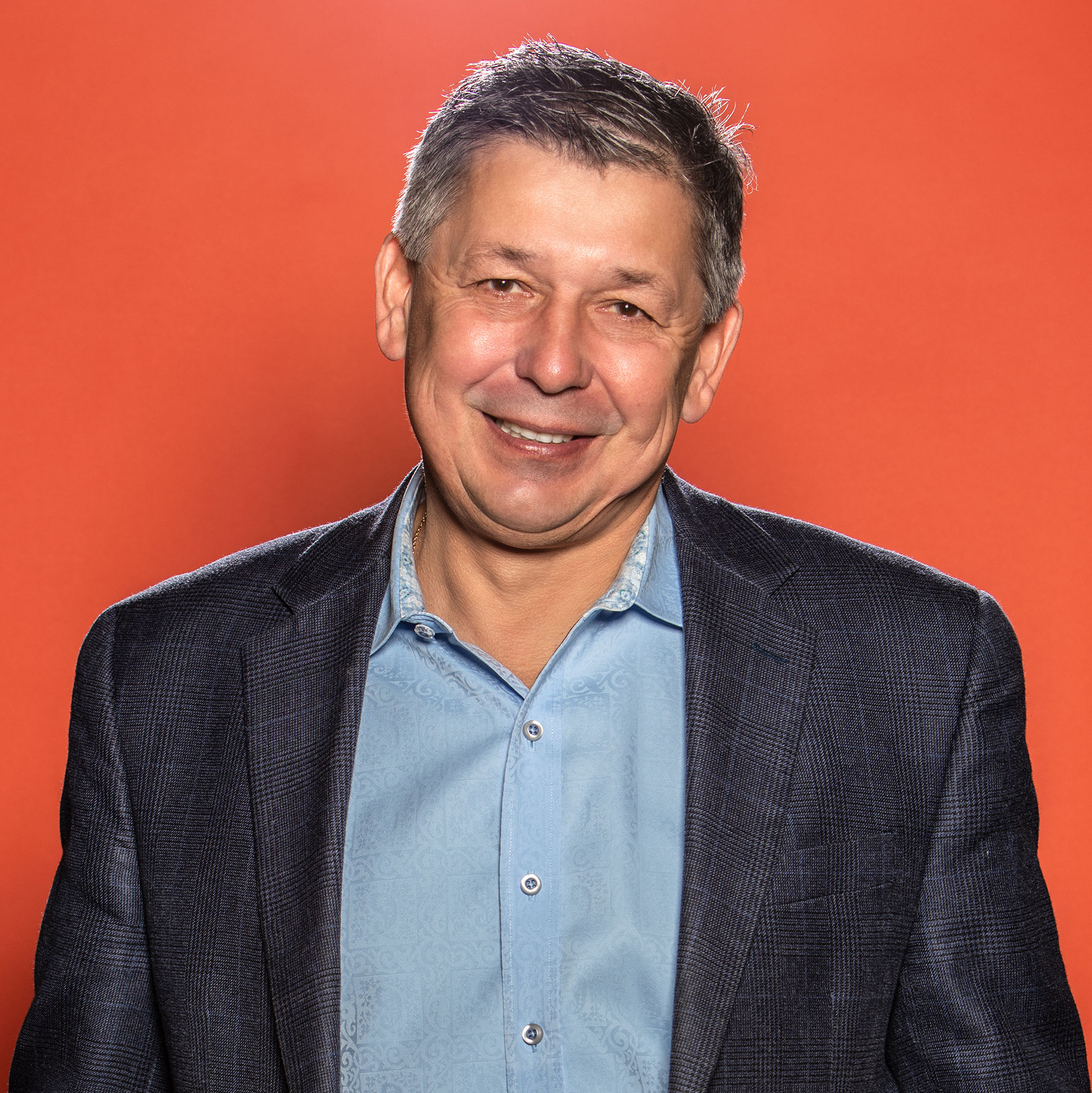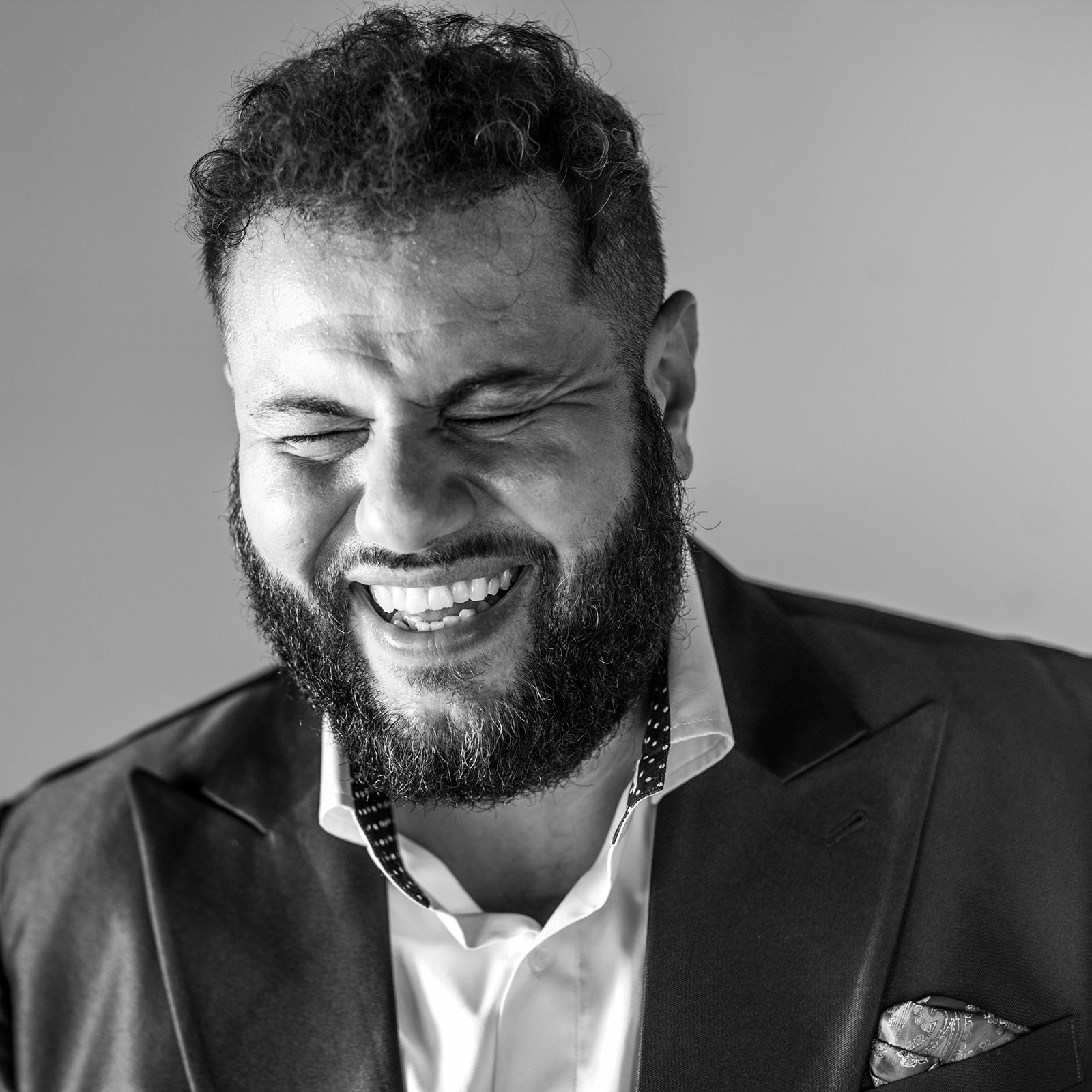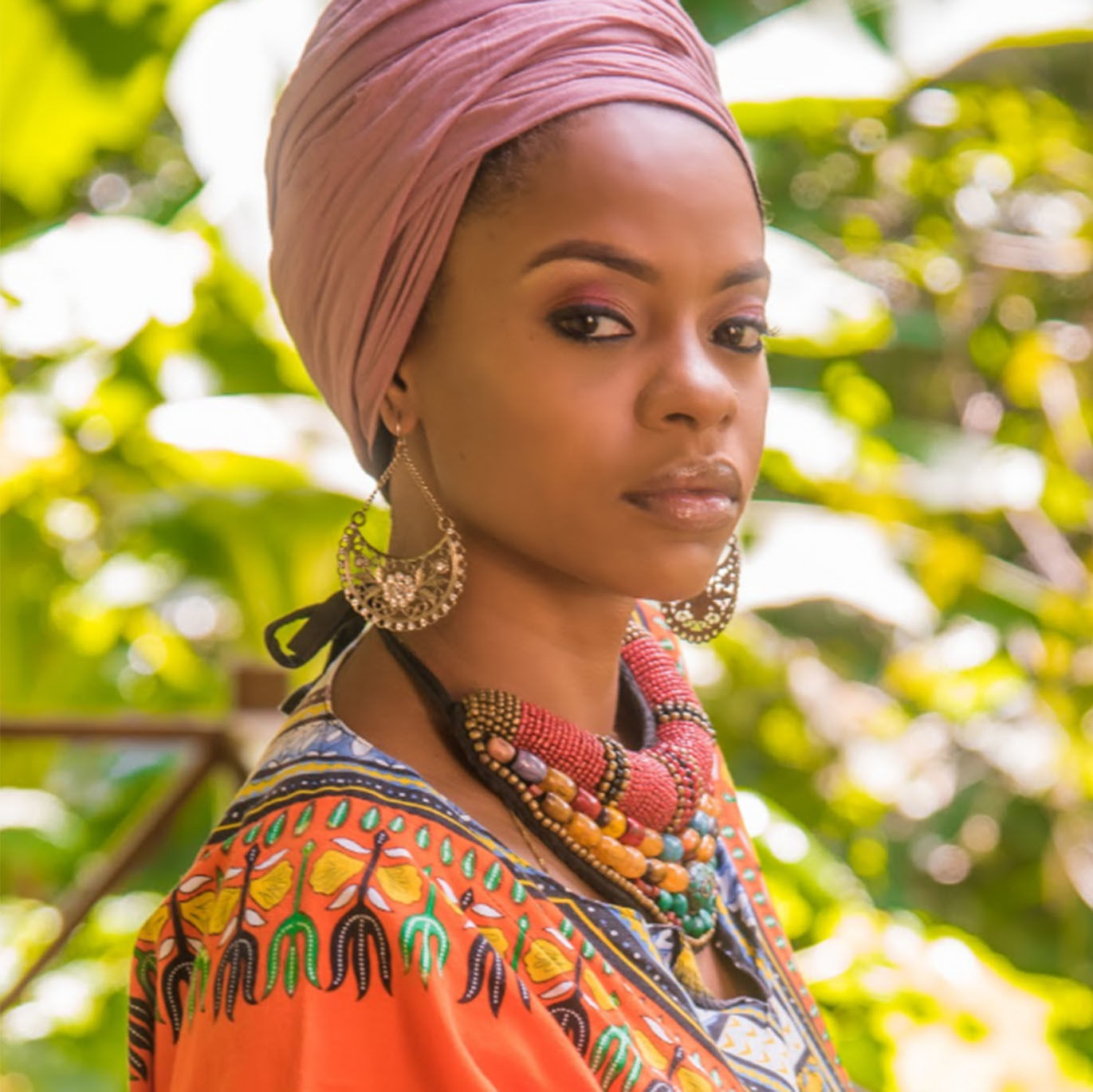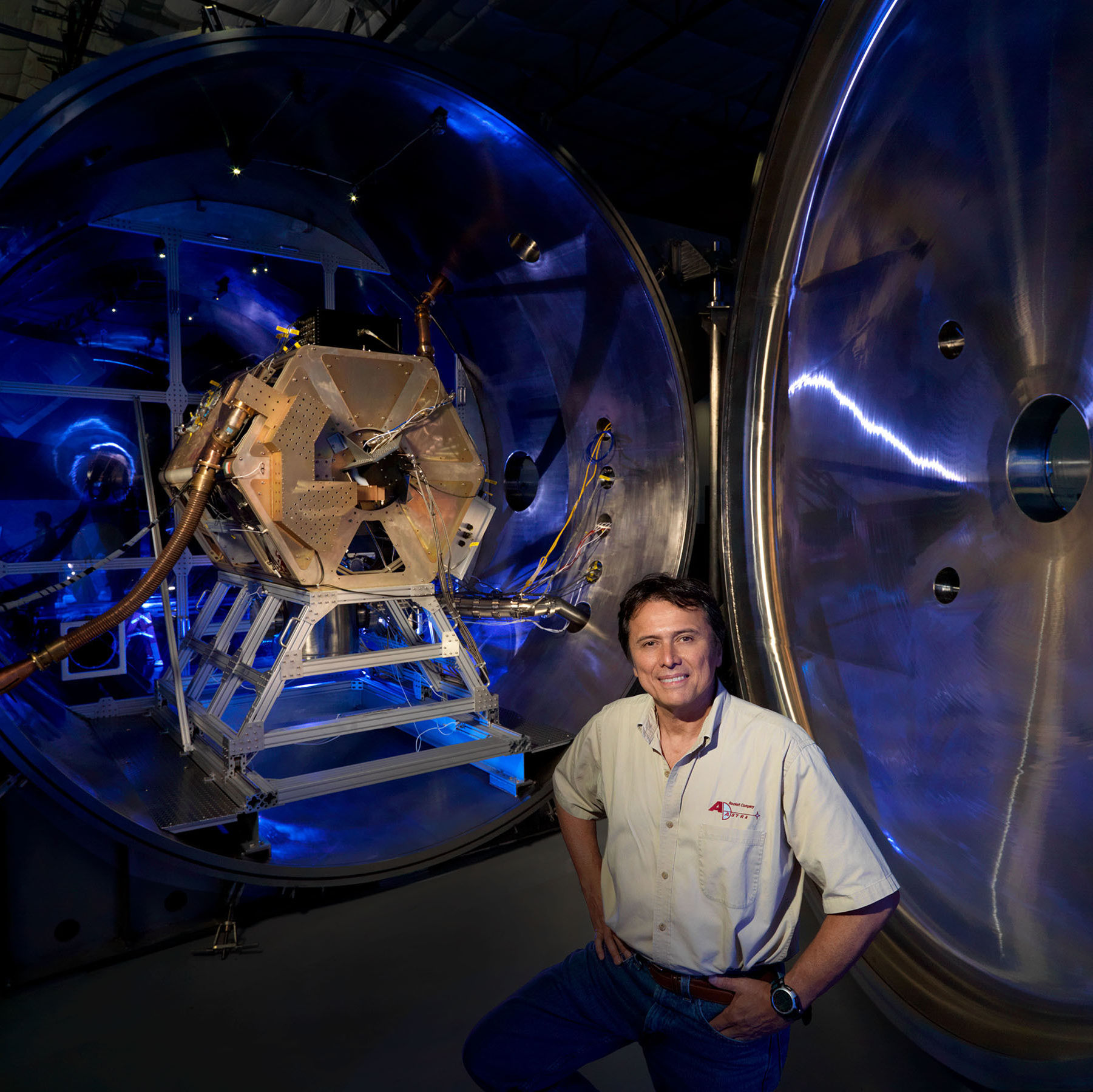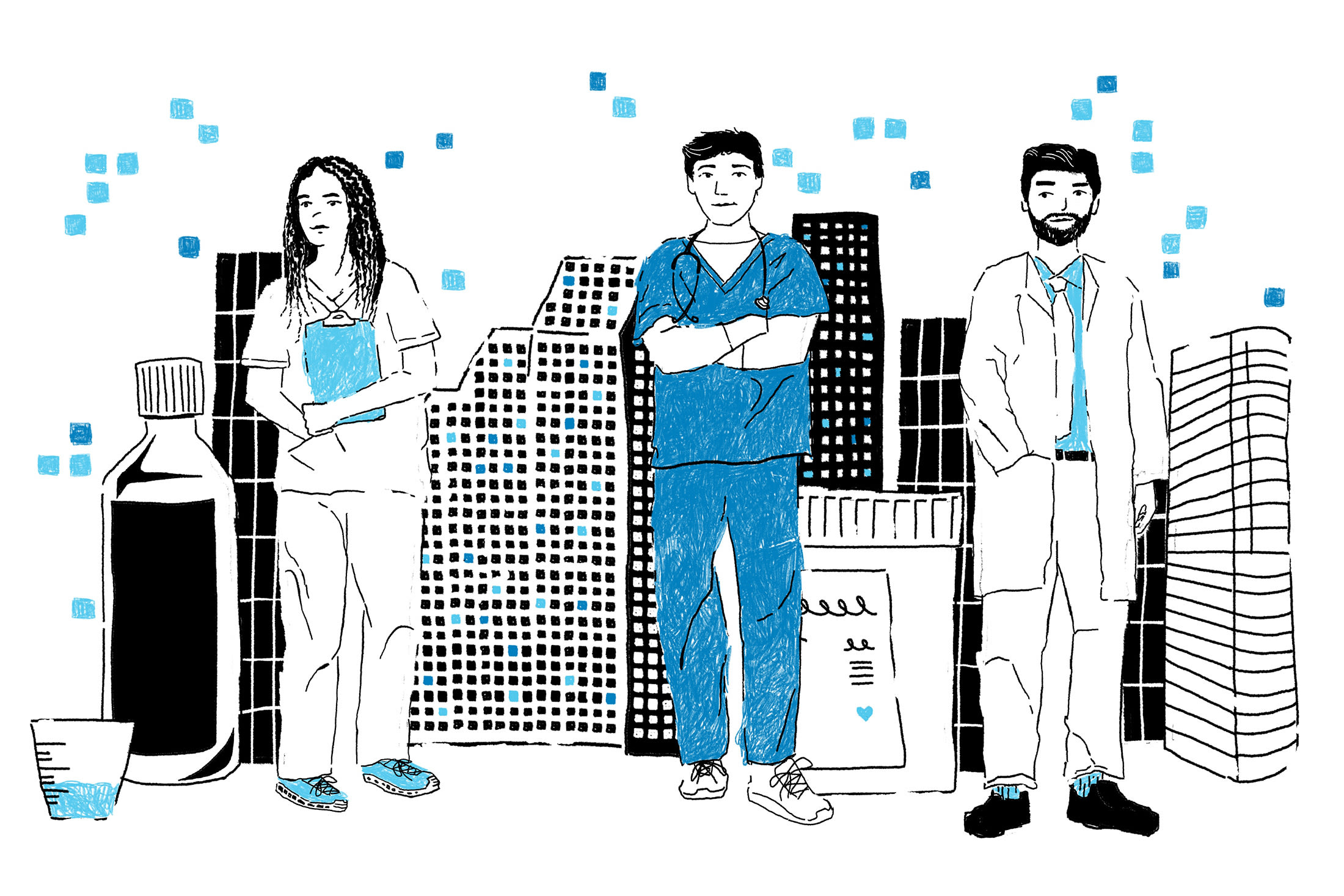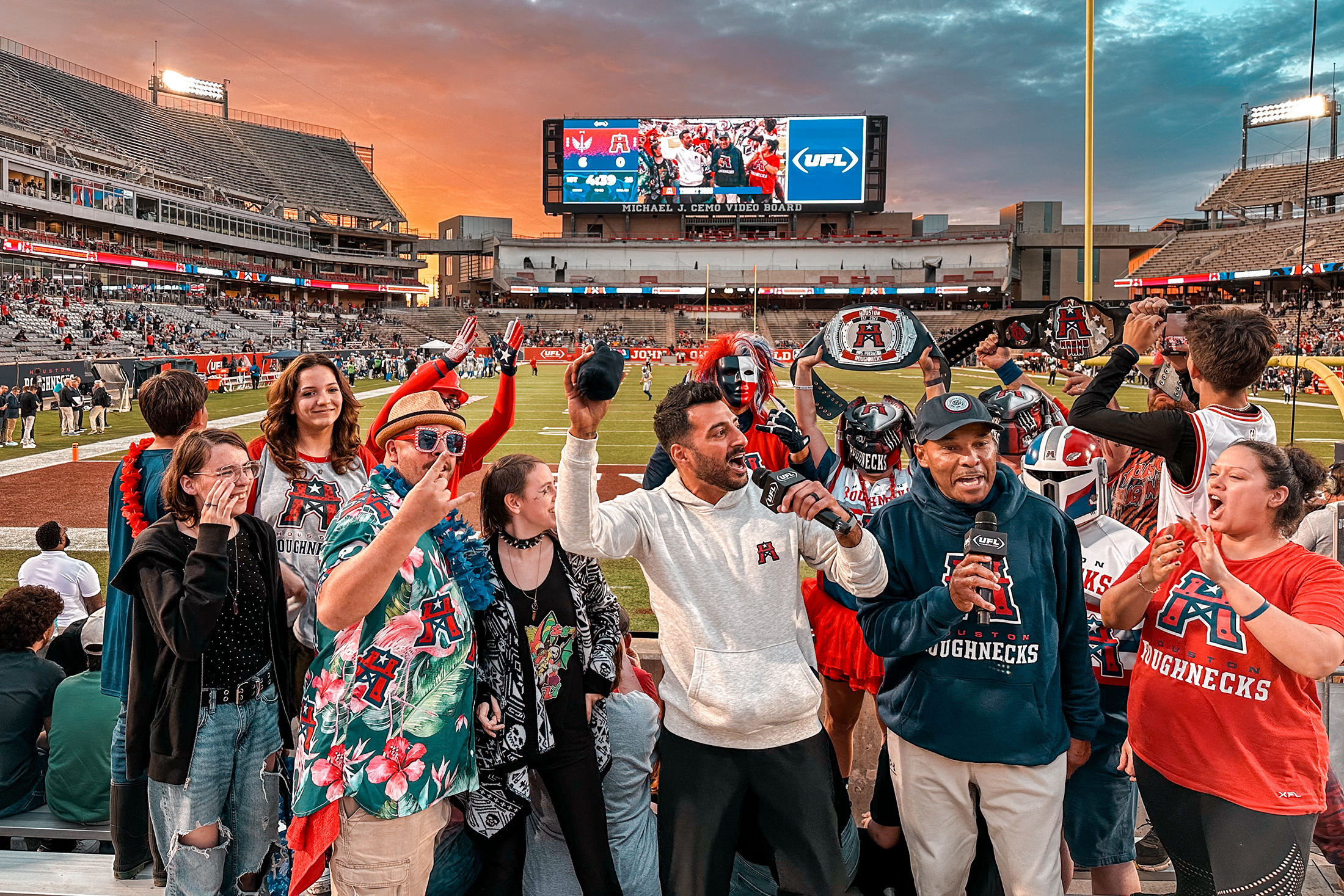Finding Home a World Away: South America

Karina González
Image: Amitava Sarka
Karina González
Venezuela
González, Houston Ballet’s first Hispanic principal ballerina, began dancing at 7 years old, after her mother, intending to bring her to a folk-dancing class, accidentally took her to a ballet audition. But González quickly embraced ballet, going on to dance for the Ballet National of Caracas. When she was a young woman, the director of the Tulsa Ballet held auditions in Venezuela and offered González a contract. In 2005, at 18, she moved to Oklahoma; in 2010 she joined HB as a soloist, and three years later was promoted to the principal role.
“Everybody talks about the American Dream,” González says. “It did change my life. Not only just for me, but also for my family. Especially now, I help with food, with money, with opportunities. It was not easy leaving behind your family, your friends, your culture. But I feel it was just a blessing for me.” —EH
Lina Hidalgo
Colombia
“It was still a shock the first time I heard anyone say ‘y’all,’” says the Harris County Judge, who, in 2005 at age 14—a self-professed “nerdy kid” already fluent in English—landed in Houston and was amazed to find girls playing basketball in her high school gym class. Before arriving here, Hidalgo had attended bilingual private schools in Mexico City and Lima, but she was born during a tumultuous period in Bogotá, Colombia, in 1991, “when there were bombs going off, and folks being kidnapped, and you weren’t allowed to go to the grocery store by yourself because somebody had to stay in the car to prove to the police that it wasn’t a car bomb.” Her dad was an engineer, and when she was 5 the family left the country, eventually settling here.
“I’d seen a lot of government not working,” Hidalgo recalls of her childhood. “That’s what got me on the path that I’m on now,” she explains, a path that included Stanford and a prestigious fellowship abroad. She was also accepted into a joint law program at Harvard and NYU, but that’s currently on hold, as in 2018 at age 26, Hidalgo won the election for Harris County Judge, becoming the first female and first Latina to hold the office. Today she oversees a $5 billion budget and a population roughly the size of Colorado’s.
Along with reforming the county bail system and investing in environmental-protection and flood-control measures, her 2020 agenda will focus on improving early-childhood-development programs—imperative, she explains, adding that she credits her incredible teachers and counselors, along with Houston itself, for helping her to achieve so much at such a young age.
“I know there’s a way to go, but it just tells you we’re in a community where it’s possible to create the conditions for folks to be the best they can be,” Hidalgo says. “So how can we make sure that government does that? That’s what keeps me going every day.” —GK
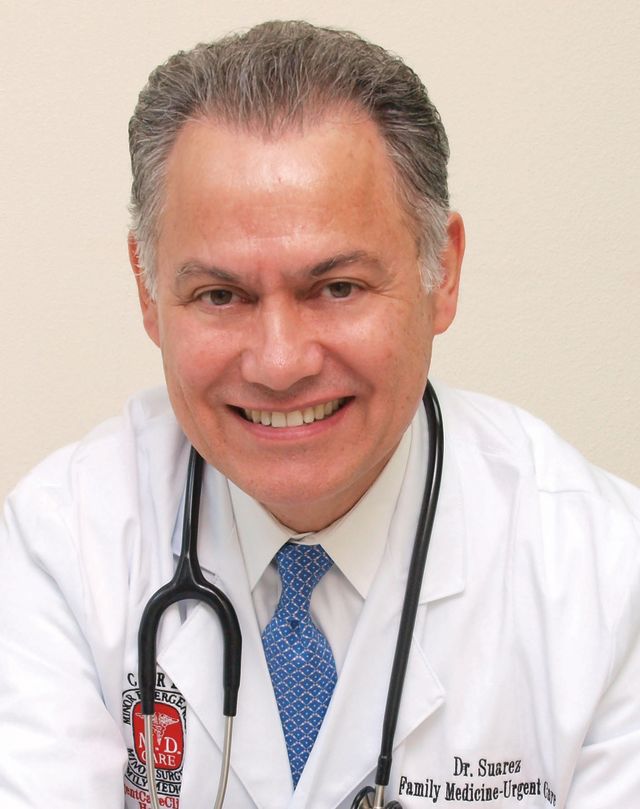
Jorge Suarez
Image: Abby Ledoux
Jorge Suarez
Bolivia
A doctor by day and a poet in his off hours, Suarez came to the U.S. in 1989 to continue his medical training, arriving in Houston five years later. “I was so motivated to come here,” he says, “because the Medical Center was to me the top-of-the-line in the medical field, not only in this country but all over the world.” In some ways the city met his expectations, but in others it did not. “It was to me a big surprise,” he says, “when I found myself in Texas in the middle of a huge population of Hispanics who are in need of health care.”
Suarez, the son of a Bolivian doctor, owns and operates Doctor’s Care Clinic in the Hillcroft area, where he specializes in general surgery, family medicine, and community medicine—and witnesses the toll of human suffering in Houston’s Hispanic immigrant population on a daily basis. Poverty and deportation fears, Suarez says, often prevent his patients from getting medical care until their health is grim. Sometimes Suarez channels these observations into detailed medical writings with solutions for preventative care. Other times he writes to “alleviate the suffering and inspire hope.” “We would have a better future,” he says, “if we have these people included in the health care system now.” —EH
Majorie Espin-Delgado
Venezuela
In 2018 Venezuela was facing crisis on all fronts. Food was short, jobs were scarce, and citizen gangs threatened business owners with violence. Among them was Espin-Delgado’s husband, who had a construction company. When gang members put a bag over his head and severely beat him, the family chose to escape. Espin-Delgado, her husband, and their sons arrived in Houston with the help of Interfaith Ministries for Greater Houston. A family therapist back in Venezuela, Espin-Delgado now hopes to help other immigrants navigate their transition to the U.S.
Though she’s embraced life in Houston, she misses home. “I was there for 39 years,” she tells Houstonia through a translator. “I miss the customs that they have there. I miss my parents and my mother-in-law and my cousins. We were a very close-knit family, so it’s been hard to be away from them.” And it’s taken some time to adjust to life here. “It’s about a 180-degree change,” Espin-Delgado says. “The rhythm of life is different. Here it’s very fast-paced. I try not to compare my previous life to this life here. I’m very grateful to be here.” The family, she adds, is happy to be safe. “An immigrant is a human,” she says. “We are not a passport, we are not a nationality, we are human. We come here for a reason: to protect our families.” —EH
